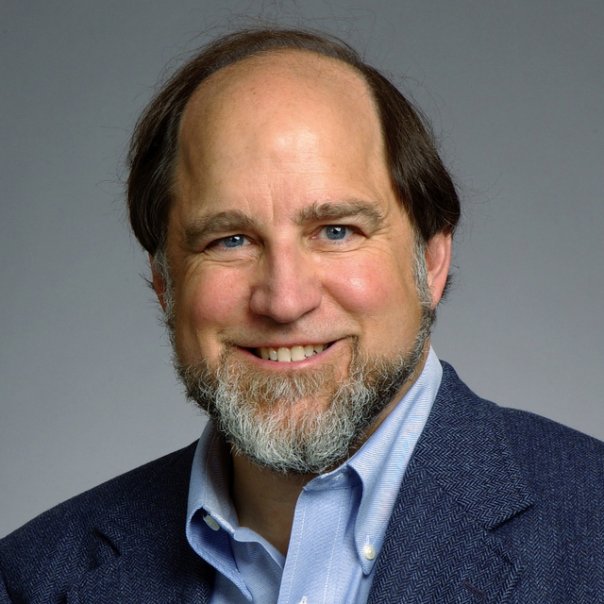IEEE Computer and Social Implications of Technology Societies and GBC/ACM
7:00 PM, Wednesday, 16 March 2016
Broad Institute Auditorium (corner of Vassar & Main Sts, Cambridge)
Auditability and Verification of Elections
Prof. Ronald L. Rivest, MIT
Democracy requires that elections have credible results---otherwise the winner lacks a political mandate and the supporters of losing candidates react with anything from protests to revolution.
Yet (U.S.) elections have become larger and increasingly complex, and politics seems more polarized. Software-based voting systems inspire little trust. Voting systems purchased with funds allocated after the 2000 U.S. presidential election fiasco are rapidly becoming obsolete.
How can good definitions, statistics, and cryptography help?
We present the notion of software independence, describe several methods for effective auditing of paper ballots, and give an overview of ``end-to-end'' cryptographic voting systems that allow voters to confirm that their votes were counted exactly as intended, without violating voter privacy or enabling vote-selling. We close with a (pessimistic) assessment of the prospects for "voting over the internet".
Professor Rivest is an Institute Professor at MIT, a member of its Department of Electrical Engineering and Computer Science, a member of MIT's Computer Science and Artificial Intelligence Laboratory (CSAIL), a member of that lab's Theory of Computation Group and a leader of its Cryptography and Information Security Group.
He received a B.A. in Mathematics from Yale University in 1969, and a Ph.D. in Computer Science from Stanford University in 1974. His research interests include cryptography, computer and network security, algorithms, and voting system security.
Rivest is a co-inventor of the RSA public-key cryptosystem, has extensive experience in cryptographic design and cryptanalysis. He is also a founder of RSA Data Security and of Verisign. Together with Adi Shamir and Len Adleman, he has received the 2002 ACM Turing Award and the 2009 NEC C&C Award.
He is also well-known as a co-author of the text, "Introduction to Algorithms" (with Cormen, Leiseron, and Stein).
He is a member of the National Academy of Engineering and the National Academy of Sciences, and is a Fellow of the Association for Computing Machinery, the International Association for Cryptographic Research, and the American Academy of Arts and Sciences. He is on the Advisory Board for the Electronic Privacy Information Center and on the board of Verified Voting.
This joint meeting of the Boston Chapters of the IEEE Computer and Social Implications of Technology Societies and the GBC/ACM will be held in the main auditorium on the 1st floor of the Broad Institute, corner of Main and Vassar Streets in Cambridge. "https://whereis.mit.edu/map-jpg?zoom=level4;centerx=711791;centery=495971"> map of the MIT campus.
Up-to-date information about this and other talks is available online at https://ewh.ieee.org/r1/boston/computer/. You can sign up to receive updated status information about this talk and informational emails about future talks at https://mailman.mit.edu/mailman/listinfo/ieee-cs, our self-administered mailing list.
Updated: February 2, 2016.
